Anonymous
Story
The majority of compositions written through the Middle Ages and into the Renaissance are by people long forgotten, and attribution often remains a problem. In fact, it is not known who was responsible for the foundation works of Western classical music. Also unknown are the composers of many later songs, dance tunes, and marches that were integral to daily life and now also count as “classical.” Early sacred music represented the official doctrine and aesthetics of the church; a composer’s personal expression simply didn’t count once the music was adopted for liturgical use, and, in many cases, it would have seemed presumptuous for an individual to take credit for a piece of sacred music. So although a very few specific medieval church composers, such as Hildegard of Bingen, are known, most early sacred music is the work of intentionally anonymous musician employed by the Catholic Church. In the realm of early secular music, a village musician might piece together a dance tune that became popular. Taken up by other players, the tune would pass by ear from village to village, and from generation to generation. The dance’s origin would become obscure, even within the composer’s lifetime. The rise of music publishing and commercial sale of scores in the Renaissance, and especially the Baroque era, began linking composers’ names to their music. Yet some pieces were deliberately published anonymously for political or personal reasons, and many unscrupulous publishers simply neglected to name their composers, thereby avoiding the nuisance of paying them for their work. The survival of records from the Renaissance on has made it easier for musicologists to connect names to scores of debatable authorship written in the past four centuries or so. Yet scholars have sometimes been too quick to link a famous composer to an obscure composition and their attributions have often been dead wrong. Haydn’s “Toy” symphony and Beethoven’s “Jena” symphony, for example, turned out to be written by other composers. In some cases, crediting a score to “Anonymous” would remain the safest practice. Since the early twentieth century, the refinement of copyright laws, the availability of royalties, the rise of composer-advocacy groups, and cultural emphasis on individual achievement have all made it unlikely that any new work will appear without a solid attribution.
Details
- Composer
- Anonymous
- Albums
- 42
- Tracks
- 376
42 albums
-
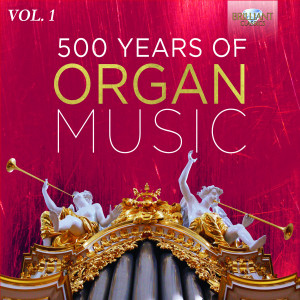
Anonymous, Tarquinio Merula and 31 others
500 Years of Organ Music, Vol. 1
-
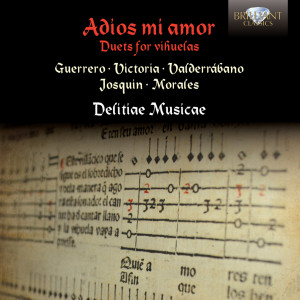
Anonymous, Cristóbal De Morales and 10 others
Adios mi amor. Duets for Vihuelas
-
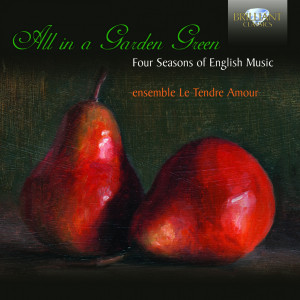
Anonymous, William Byrd and 12 others
All in a Garden Green, Four Seasons of English Music
-
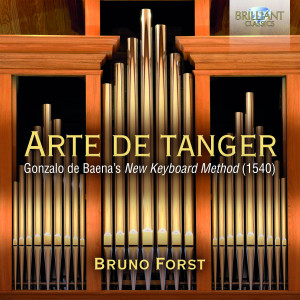
Anonymous, Cristóbal De Morales and 17 others
Arte de Tanger: Gonzalo de Baena's New Keyboard Method (1540)
-
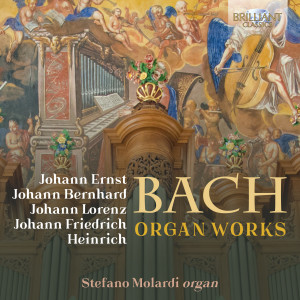
Anonymous, Heinrich Bach and 4 others
Bach Family: Organ Works
-
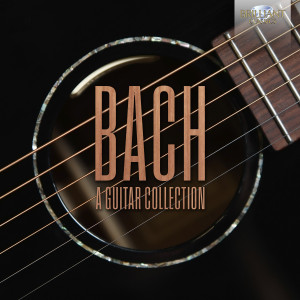
Anonymous, Johann Sebastian Bach and 9 others
Bach: A Guitar Collection
-
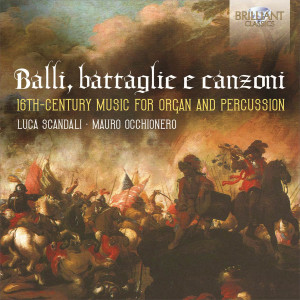
Anonymous, Giovanni Picchi and 5 others
Balli, battaglie e canzoni: 16th Century Music for Organ and Percussion
-
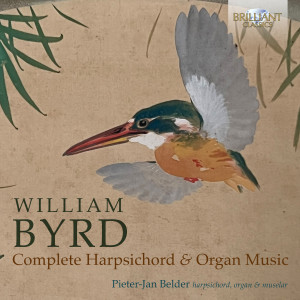
Anonymous, William Byrd and 3 others
Byrd: Complete Harpsichord and Organ Music
-
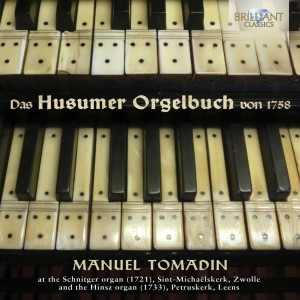
Anonymous, Nicolaus Bruhns and 3 others
Das Husumer Orgelbuch von 1758
-
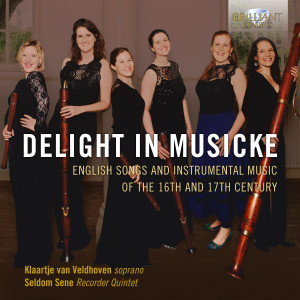
Anonymous, William Byrd and 9 others
Delight in Musicke: English Songs and Instrumental Music of the 16th and 17th Century
-
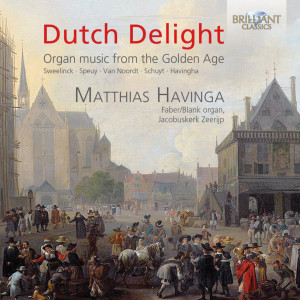
Anonymous, Jan Pieterszoon Sweelinck and 4 others
Dutch Delight: Organ Music from the Golden Age
-
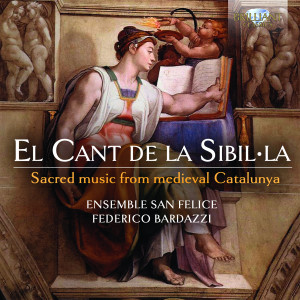
-
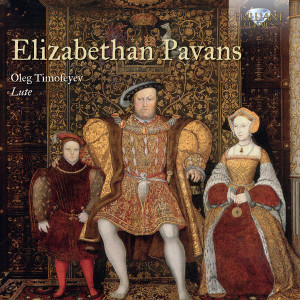
Anonymous, John Dowland and 9 others
Elizabethan Pavans
-
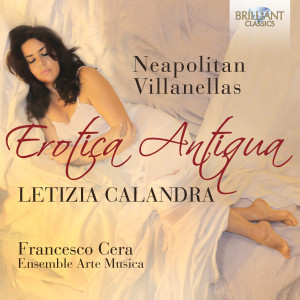
Anonymous, Giovanni Leonardo Dell'Arpa and 5 others
Erotica Antiqua: Neapolitan Villanellas
-
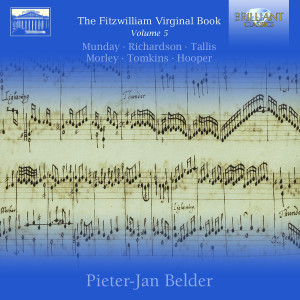
Anonymous, Thomas Tallis and 5 others
Fitzwilliam Virginal Book, Vol. 5
-
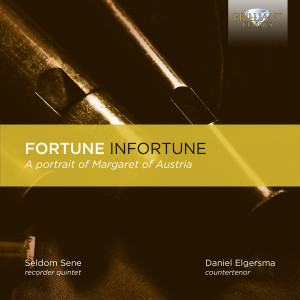
Anonymous, Loyset Compère and 5 others
Fortune Infortune: A Portrait of Margaret of Austria
-
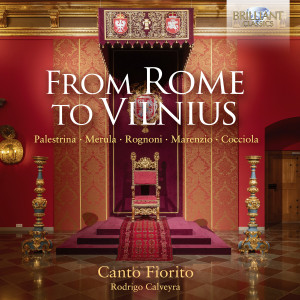
Anonymous, Tarquinio Merula and 9 others
From Rome to Vilnius
-
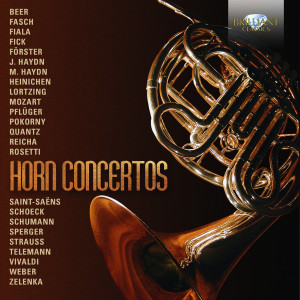
Camille Saint-Saëns, Anonymous and 23 others
Horn Concertos
-
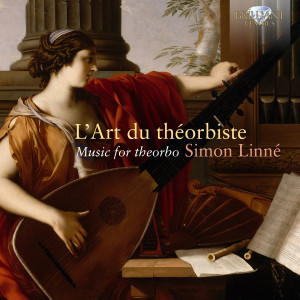
Anonymous, Robert de Visée and 2 others
L'Art du théorbiste Music for Theorbo
-
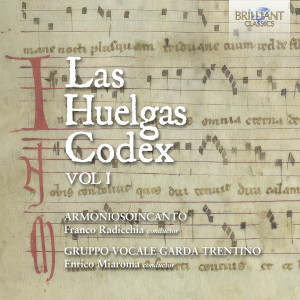
Anonymous
Las Huelgas Codex, Vol. 1
-
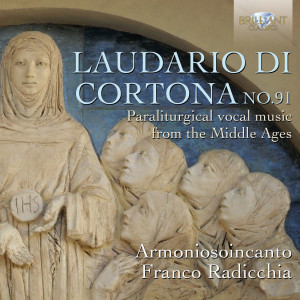
Anonymous
Laudario di Cortona No.91
-
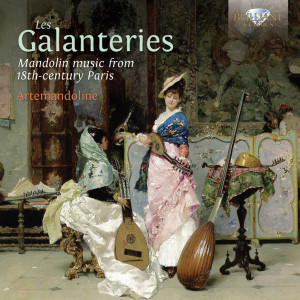
Anonymous, Paolo Altieri and 8 others
Les Galanteries: Mandolin Music from 18th-Century Paris
-
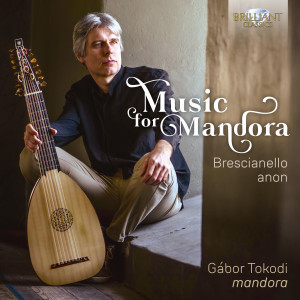
Anonymous and Giuseppe Antonio Brescianello
Music for Mandora
-
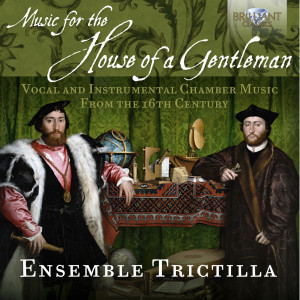
Anonymous, Diego Ortiz and 13 others
Music for the House of a Gentleman
-
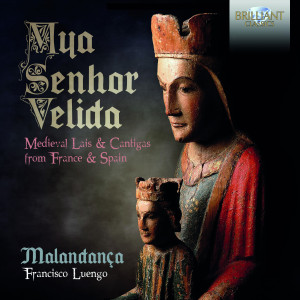
Anonymous and Alfonso X of Castille
Mya Senhor Velida: Medieval Lais & Cantigas from France & Spain
-
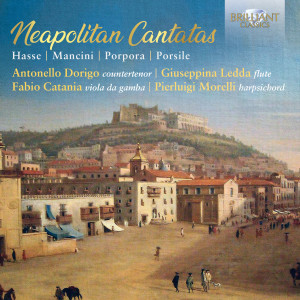
Anonymous, Johann Adolf Hasse and 3 others
Neapolitan Cantatas: Hasse, Mancini, Porpora, Porsile
-
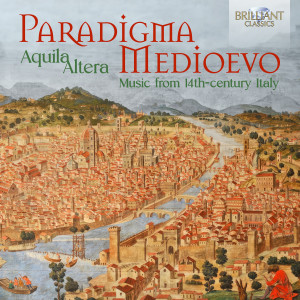
Anonymous, Francesco Landini and 2 others
Paradigma Medioevo: Music from 14h-century Italy
-
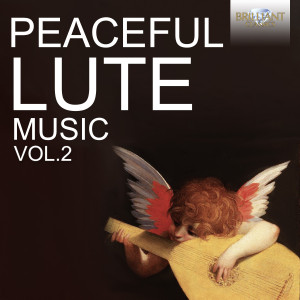
Anonymous, Giovanni Pierluigi Da Palestrina and 15 others
Peaceful Lute Music, Vol. 2
-
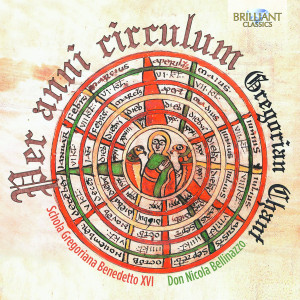
Anonymous
Per Anni Circulum Gregorian Chant
-
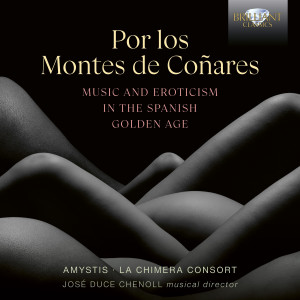
Anonymous, Antonio de Ribera and 9 others
Por los montes de coñares, Music and Eroticism in the Spanish Golden Age
-
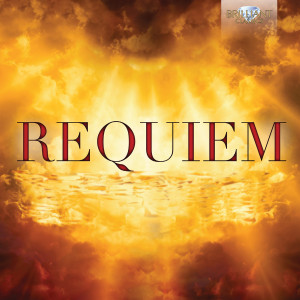
Giuseppe Verdi, Giacomo Puccini and 29 others
Requiem
-
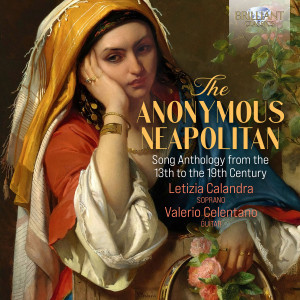
-
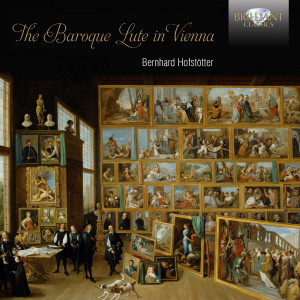
Anonymous, Georg Muffat and 8 others
The Baroque Lute in Vienna
-
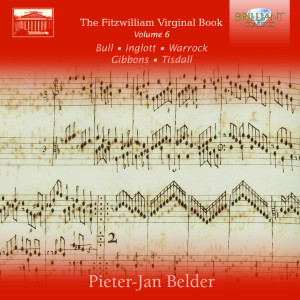
Anonymous, John Bull and 12 others
The Fitzwilliam Virginal Book, Vol. 6
-
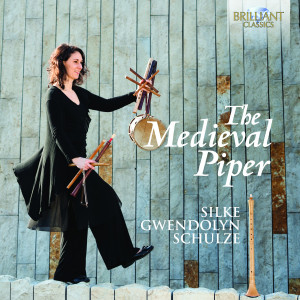
Anonymous, Hildegard Von Bingen and 10 others
The Medieval Piper
-
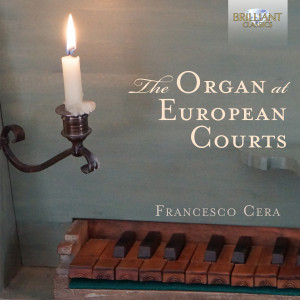
Anonymous, Andrea Gabrieli and 10 others
The Organ at European Courts
-
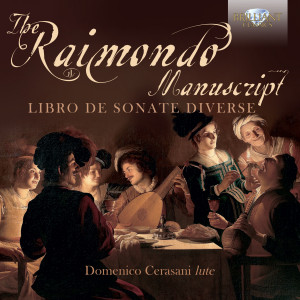
Anonymous, Giovanni Pierluigi Da Palestrina and 4 others
The Raimondo Manuscript: Libro de Sonate Diverse
-
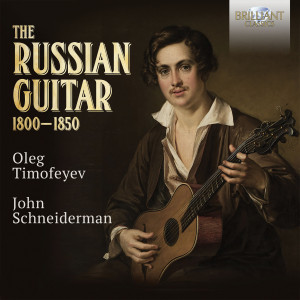
Anonymous, Gioacchino Rossini and 22 others
The Russian Guitar 1800-1850
-
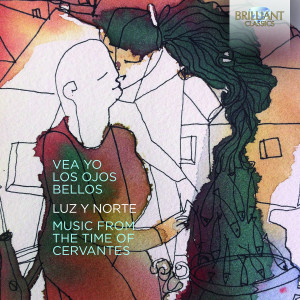
Anonymous, Sebastián Durón and 10 others
Vea yo los ojos bellos, Music from the Time of Cervantes
-
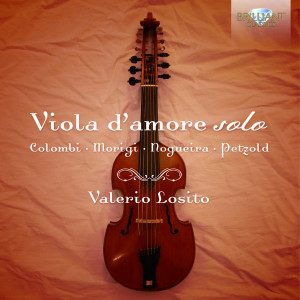
Anonymous, Christian Petzold and 3 others
Viola d'amore solo
-
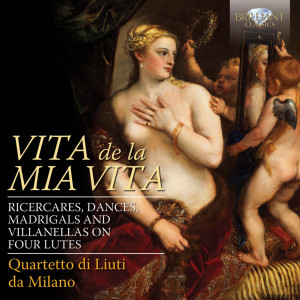
Anonymous, Giovanni Pierluigi Da Palestrina and 12 others
Vita de la mia vita: Ricercares, Dances, Madrigals and Villanellas on Four Lutes
-
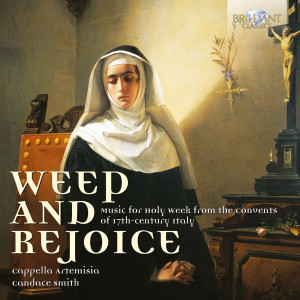
Anonymous, Claudio Monteverdi and 17 others
Weep & Rejoice, Music for the Holy Week
